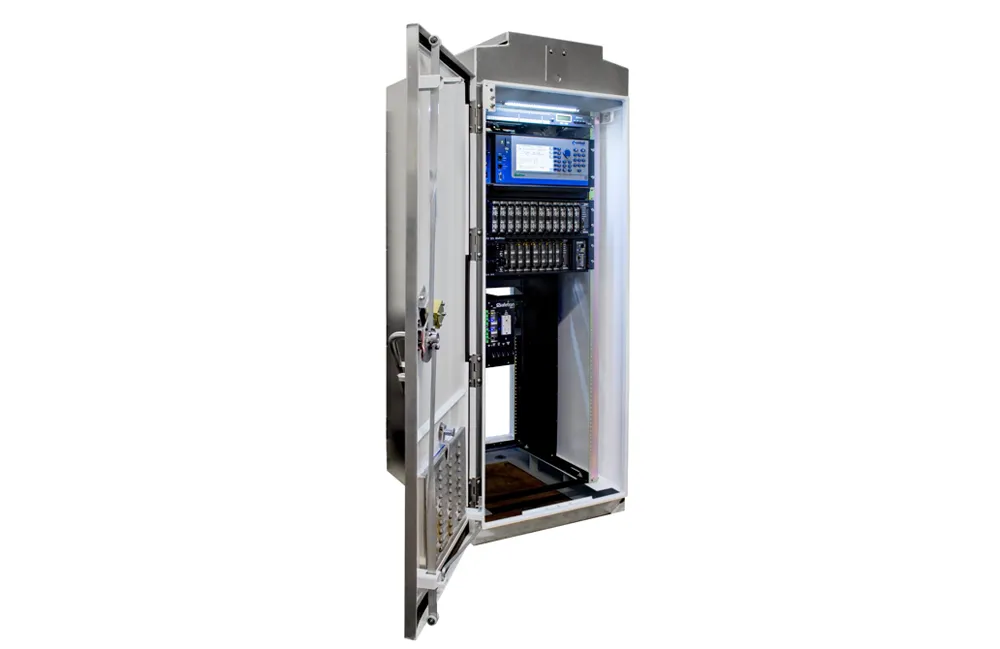The emergency vehicle priority (EVP) technology developed by Australian intelligent transportation systems (ITS) provider Transmax has been awarded both the Queensland and national 2013 iAwards, Australia's leading technology awards program. Transmax, along with Queensland Government project partners, were announced the 2013 national winners of the Government Category. According to Transmax, its emergency vehicle priority technology is an intuitive and dynamic ITS solution that automatically interrupts norm
August 13, 2013
Read time: 2 mins
The emergency vehicle priority (EVP) technology developed by Australian intelligent transportation systems (ITS) provider 796 Transmax has been awarded both the Queensland and national 2013 iAwards, Australia's leading technology awards program. Transmax, along with Queensland Government project partners, were announced the 2013 national winners of the Government Category.
According to Transmax, its emergency vehicle priority technology is an intuitive and dynamic ITS solution that automatically interrupts normal traffic signal operations, providing a green traffic light signal to emergency response vehicles in advance of their arrival at an intersection, reducing the number of times an emergency response vehicle crosses an intersection against a red traffic light. This lessens the number of unpredictable reactions by drivers who attempt to move out of the way of emergency response vehicles whilst in a queue at a red light.
Transmax CEO Charles Commins said the awards highlight the company’s commitment to developing innovative products that are providing community benefits while recognising the positive results of working collaboratively with government partners to achieve these results. “The Queensland Government identified the need to address the issue of an increasing demand for emergency services alongside an increasing population and worsening traffic congestion,” said Commins.
“Transmax worked collaboratively with its government project partners to develop this new EVP technology that reduces travel times for emergency services vehicles and improves safety for both frontline officers and other road users.
“A trial of the EVP solution in Southport has been very positive, with results showing improvements in travel time of between 10-18% along major routes.
According to Transmax, its emergency vehicle priority technology is an intuitive and dynamic ITS solution that automatically interrupts normal traffic signal operations, providing a green traffic light signal to emergency response vehicles in advance of their arrival at an intersection, reducing the number of times an emergency response vehicle crosses an intersection against a red traffic light. This lessens the number of unpredictable reactions by drivers who attempt to move out of the way of emergency response vehicles whilst in a queue at a red light.
Transmax CEO Charles Commins said the awards highlight the company’s commitment to developing innovative products that are providing community benefits while recognising the positive results of working collaboratively with government partners to achieve these results. “The Queensland Government identified the need to address the issue of an increasing demand for emergency services alongside an increasing population and worsening traffic congestion,” said Commins.
“Transmax worked collaboratively with its government project partners to develop this new EVP technology that reduces travel times for emergency services vehicles and improves safety for both frontline officers and other road users.
“A trial of the EVP solution in Southport has been very positive, with results showing improvements in travel time of between 10-18% along major routes.










